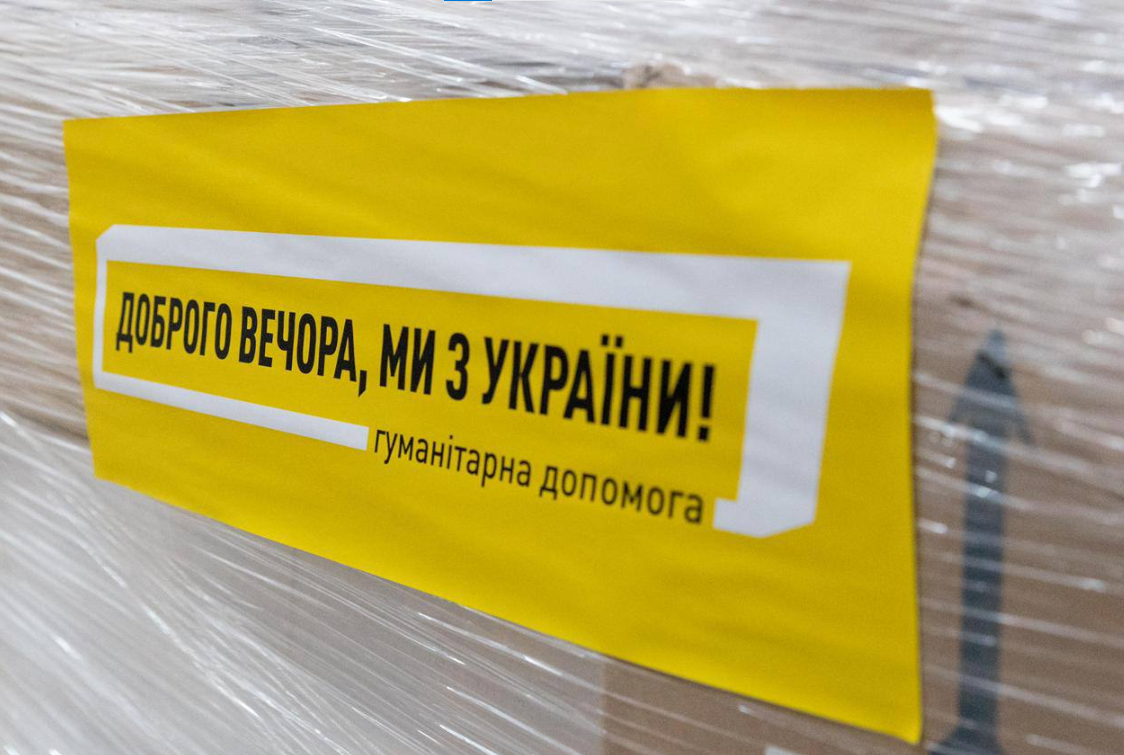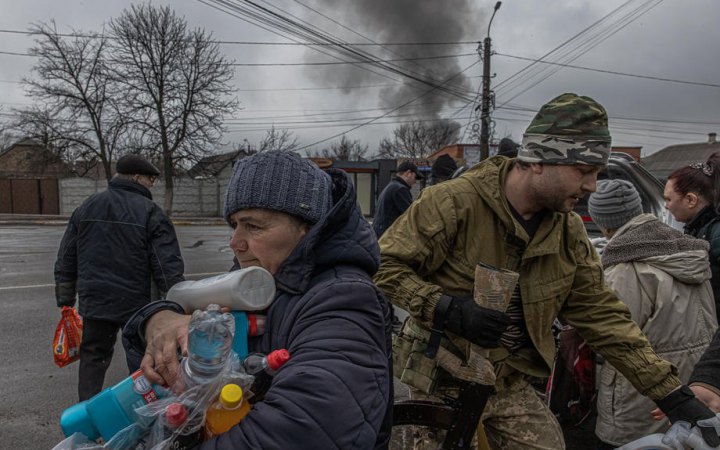The first stage of the war: economic summary
It is fair to say that the first months of the war hit the economy very hard:
- in the first weeks of the war, the share of non-working enterprises reached 40%;
- exports were almost entirely blocked;
- customs revenues decreased five times;
- about 4 million Ukrainians went abroad - this means that, in addition to the loss of human capital, Ukraine has lost a significant share of domestic consumption.
This list can go long, but the conclusion will be one: the war has hit the domestic economy hard.
In addition, the state took several steps necessary to help businesses and prevent shortages of goods, which, however, led to additional expenditures for the state budget. Among such solutions:
- permission for individual entrepreneurs not to pay taxes;
- abolition of customs duties and taxes on all goods;
- abolition of mandatory reporting and business inspections;
- reduction of the single tax to a record low of 2% with the possibility for any business to use it;
- abolition of excise duty and significant reduction of VAT on fuel.
Even with a significant additional burden on public finances during almost two months of full-scale war, the catastrophe in the economy did not happen.
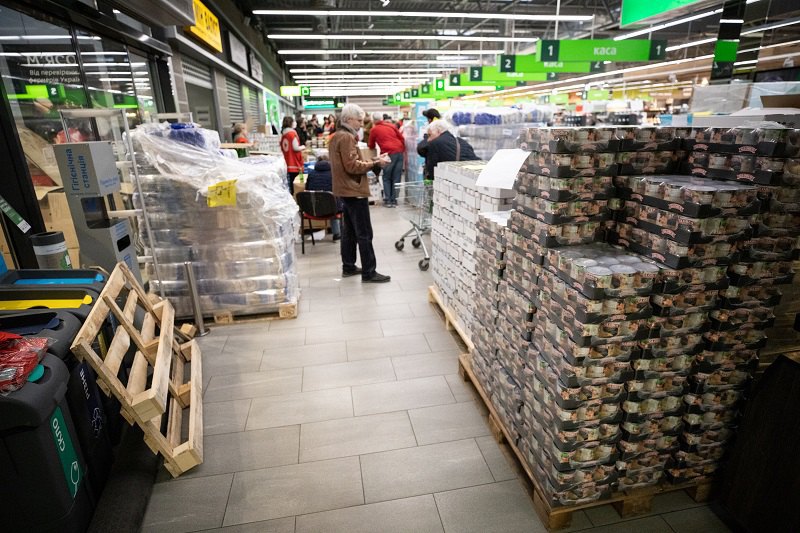
Ukraine ended the first quarter of the year overfulfilling the revenue plan. The state budget's general fund received UAH 289.7 billion, which is 111% of the revised plan for this period and 24% of the annual revised plan. However, this result was due to the over fulfillment of the VAT plan, the payment of business taxes, early payment of dividends by state-owned companies, and profits by the National Bank. But in the short balance, we passed the most critical stage with a margin.
Moreover, Ukraine exceeded the borrowing plan and in three months attracted UAH 162.86 billion to the general fund of the state budget, which is 20.4% (or UAH 27.5 billion) more than planned. In particular, UAH 66.17 billion was raised by government and military bonds. Additional UAH 96.69 billion was provided by international donors: the IMF ($ 1.4 billion), the EU (0.6 billion euros), the EIB, the IBRD, and some Western countries. News for the last month gives hope for this trend to continue in April.
Another important aspect here is that we finance defense expenditures mostly at the expense of other peacetime expenditures. For example, no one is building roads anymore - the released money goes to the army. The government has consistently cut spending on peacetime budgets and redirected them to military and defense needs. By mid-April, the government had already cut various budget expenditures by more than UAH 181.3 billion, instead directing them to the country's needs during the war.
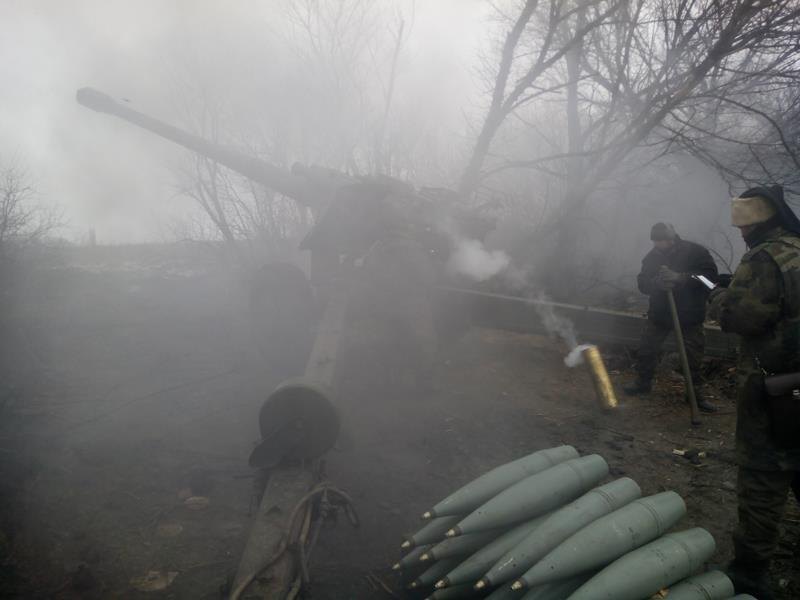
We can conclude that we passed the first stage of the war very professionally in terms of public finances and could even keep a certain positive balance.
The second stage of the war
Obviously, in the following periods, the situation with tax and customs revenues to the state budget will get worse. Most likely, the budget will not receive taxes, especially with advance payment. The decline in customs revenues will be even more pronounced due to exemptions for imported goods. The state budget will receive about UAH 10-40 billion in revenue every month.
At the same time, the second stage of the war has several important differences that in some way reduce the negative effect:
- There are no active hostilities on the territory of 10 oblasts and Kyiv. It means that work and consumption will recover slowly in these regions;
- The share of the business that resumed work is increasing every day. We can see it with our own eyes even on the streets of Kyiv - the number of open shops and restaurants is much higher than it was a month ago;
- The excess liquidity will provide soft loans for businesses;
- Exports are slowly but steadily moving up using land transport infrastructure and attracting foreign ports.
The enemy will certainly continue to worsen the situation by destroying the economic infrastructure with its missiles, as it did with oil depots. Even if hostilities follow the announced plan, we have gone through the worst period of the war for the economy.
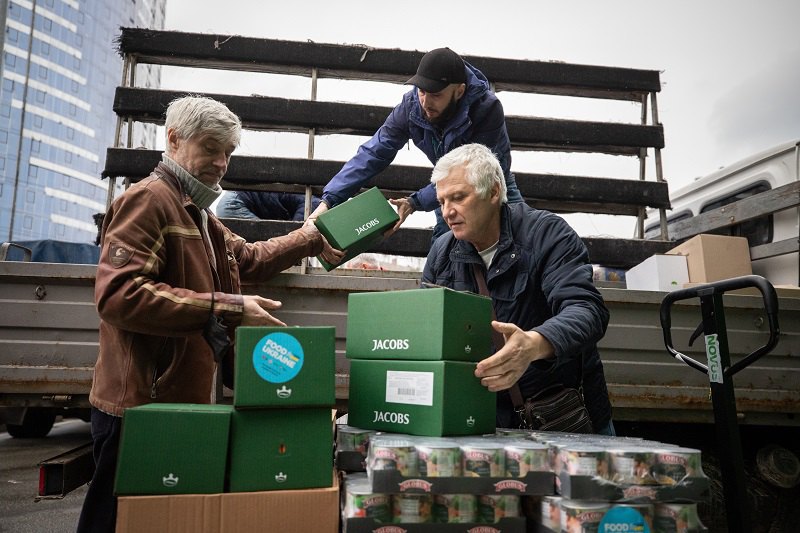
As for the budget needs in the second stage of the war, they are reduced to three lines of expenditures:
military expenditures (such as the purchase of ammunition or repair of equipment);
payment of salaries and allowances (military, doctors, educators, and other state employees);
social security (pensions, IDP payments, etc.).
It is important that military and defense spending should and will remain high, even with significant arms supplies from Western countries.
Therefore, the recently announced the Ministry of Finance estimates the need for $4-7 billion in additional external financing per month fully meet the current needs of the budget.
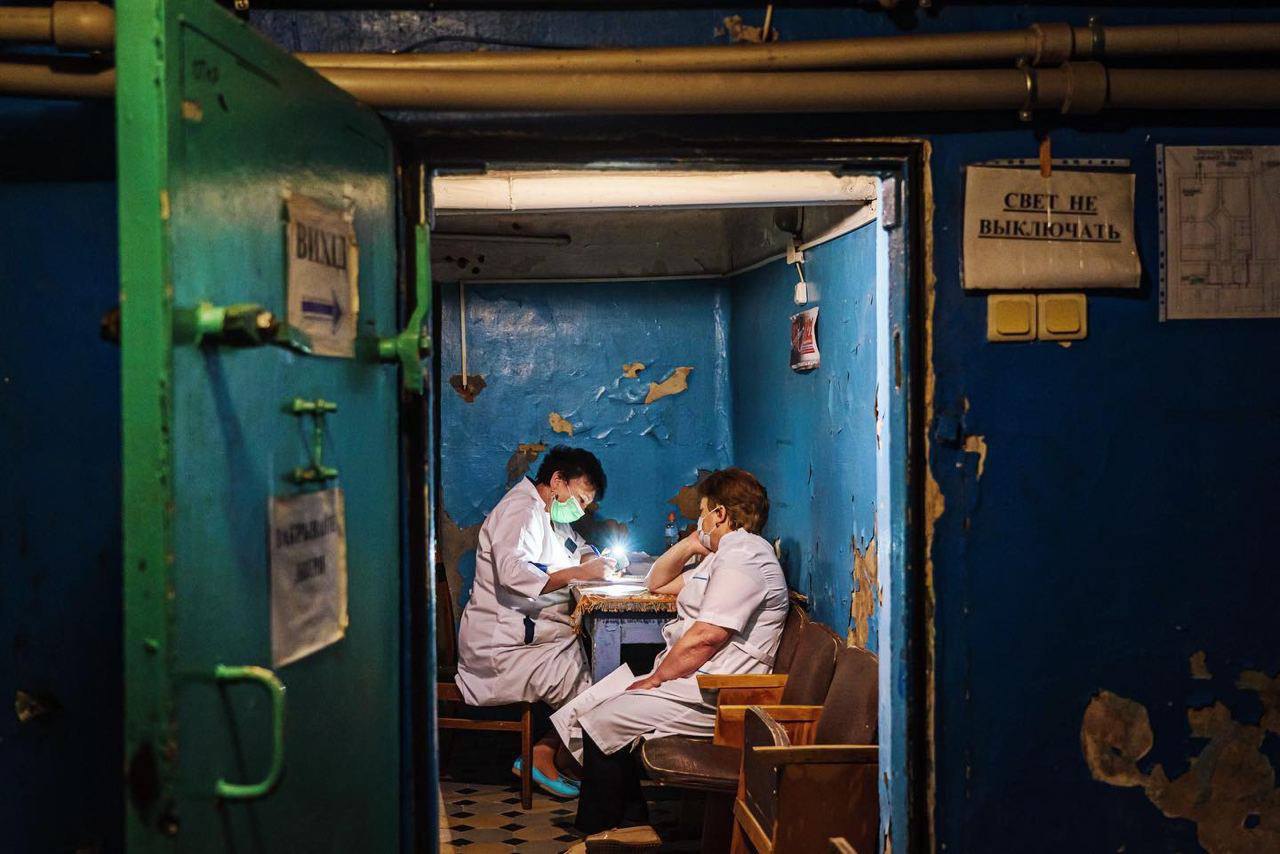
The key question is: will the West give us money? And this is not about arms support or humanitarian support for refugees that other countries receive. The question of the readiness of the allies to provide a direct monthly subsidy to the state budget of Ukraine in such high amounts remains.
It is difficult to say anything until the money gets to our accounts. At the moment, we can only hope this will happen.
However, my personal opinion is that Ukraine will receive this money. There are several arguments for such certainty.
First, G7 finance ministers have already announced their readiness to allocate $ 24 billion this year to support Ukraine. A couple of hours after the G7 announcement, the United States and Britain announced an aid of $500 million each.
Second, military support (again, only the United States has promised an additional $800 million) will cover part of the military's spending. Each tank donated by the Allies reduces our purchase costs and, accordingly, reduces budget expenditures.
Third, $20-40 billion for one country sounds like a huge amount, but we should remember that the same IMF less than a year ago gave member countries $650 billion, frankly speaking, "just for nothing."
After all, Ukraine will always keep the opportunity to use standard internal and external borrowing instruments.
Therefore, for the "collective West", two, three, or even seven billion dollars is quite affordable, especially if Putin's defeat depends on it.
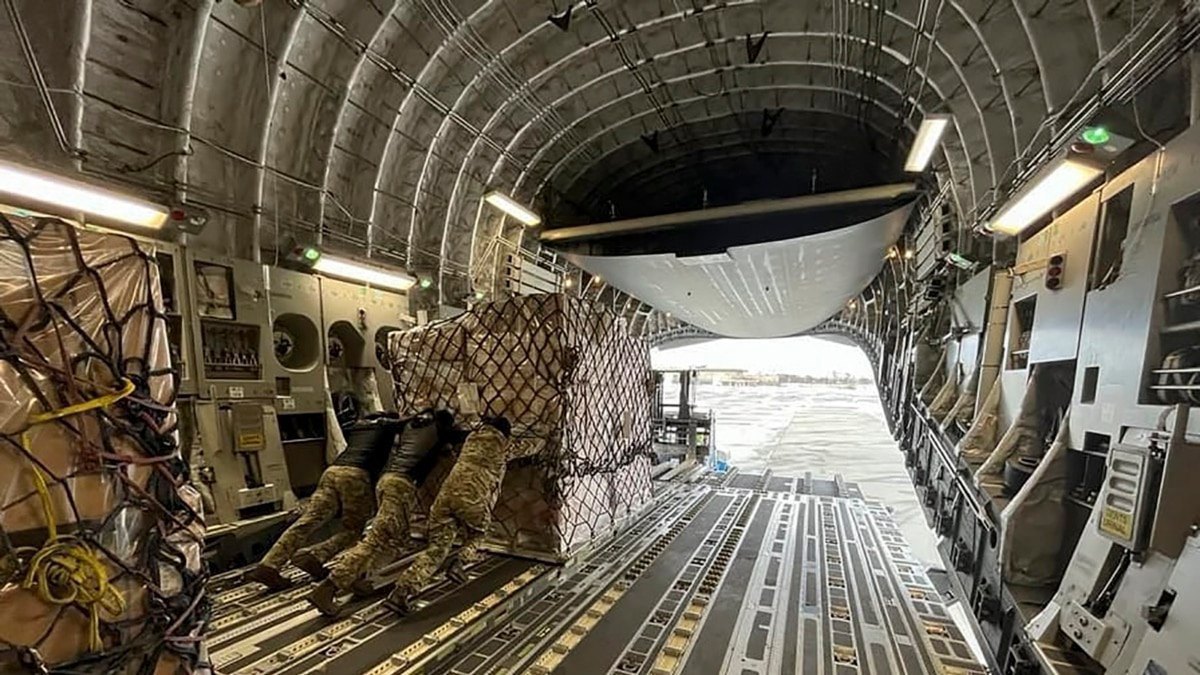
It is hard to believe that the same Biden can explain why he decided to give the victory to the dictator instead of spending some 0.2% of US spending on his defeat. In particular, when Ukraine's victory is financed not only by Americans but also by Europeans, Canadians, Japanese, and even Australians.
Therefore, I am confident that the issue of finance will not be a significant obstacle for Ukraine in repelling russian aggression. Help will not always be easy and fast - that is true, but it will come and cover current needs. And this is most important.
Of course, the effectiveness of fundraising will depend on our communication campaign. The ability of Ukrainian authorities to refrain from creating corruption scandals or introducing outright malicious initiatives such as firing foreigners from state-owned companies or sabotaging Prozorro's public procurement will also play a significant role. But I hope that every official in government offices can do it.
If you, like many in Ukraine, are worried about the economic capacity to survive this war, rest assured that we have passed the most difficult first stage with dignity. The second stage will be longer and may take many months. We will feel its negative consequences long after the war, mainly due to the high debt burden, inflation, and the depreciation of the hryvnia. But the main thing now is victory over the enemy. And here's the best news - Putin's plan to deplete Ukraine economically has little chance.
